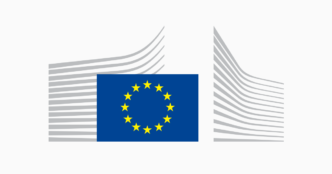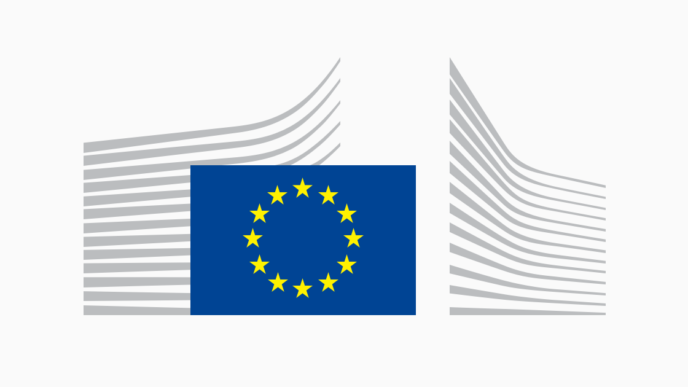The Commission has presented the 2025 European Semester spring package, analysing the main economic and social challenges across the EU. It has provided EU countries with guidance to strengthen their competitiveness, prosperity and resilience. The guidance comes at a time of particularly volatile trade and security environment, and it is closely linked to the competitiveness compass, the Commission’s plan to boost the EU’s resilience and global standing.
In its country-specific recommendations the Commission provides tailored guidance to the specific needs of each EU country in three key areas:
- fiscal policy,
- implementation of recovery and resilience plans and cohesion policy programmes, and
- outstanding and/or new emerging structural challenges, focusing on the competitiveness compass.
The 2025 European Semester spring package also represents the first assessment done under the revised economic governance framework, evaluating the countries’ progress in implementing their medium-term fiscal-structural plans they presented last autumn.
Following the ReArm Europe Plan/Readiness 2030 16 EU countries have requested to temporarily spend more than usual to invest in defence. This is possible under the so-called national escape clause. The Commission now recommends the Council to approve this request for these countries.
For countries under the excessive deficit procedure, the Commission considers that no further steps are need for France, Italy, Hungary, Malta, Poland and Slovakia. For Belgium, it has recommended a new corrective path. For Romania, whose net expenditure growth is above the ceiling set in its corrective path, it recommends that the Council adopts a decision that the country has not taken effective action.
The Commission has also assessed the existence of macroeconomic imbalances in 10 EU countries selected for in-depth reviews under the 2025 Alert Mechanism Report. Cyprus, Estonia and Germany are not experiencing imbalances, while Hungary, Greece, Italy, the Netherlands, Slovakia and Sweden continue to experience imbalances, as their vulnerabilities remain overall relevant. Romania continues to experience excessive imbalances as its fiscal and current account deficits widened and cost competitiveness deteriorated in 2024.
Finally, the Commission has suggested to update guidelines regarding employment policies. They build on the ones adopted in December 2024, which focused on skills and labour shortages with a particular need for more digital skills. The new guidelines look to promote fairer and more inclusive labour markets, aligning with the union of skills and competitiveness compass.
For more information
Press release on the 2025 European Semester Spring Package
Questions and answers on the 2025 European Semester Spring Package












